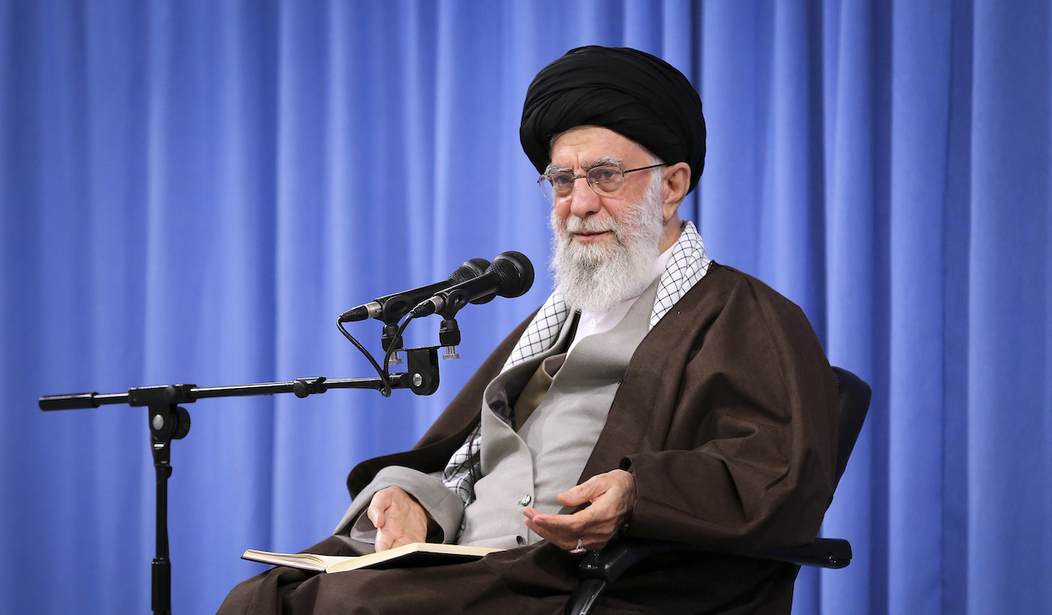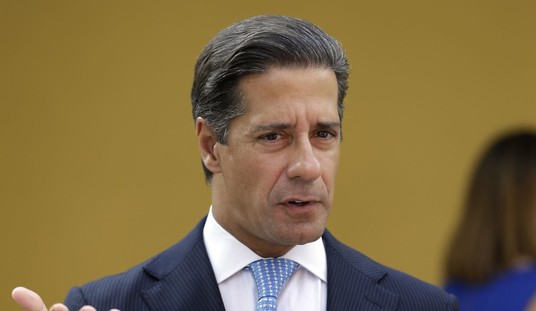On Sunday, Ayatollah Ali Khamenei, Iran’s supreme leader, ordered amnesty or a reduction in prison sentences for “tens of thousands” of people imprisoned across the country for anti-regime protests. It was the first time he acknowledged the massive scale of the crackdown on protesters.
Of course, it isn’t as simple as just releasing protesters from prison. The decree issued was part of a yearly pardoning Khamenei does before the anniversary of Iran’s 1979 Islamic Revolution. Authorities still haven’t said how many people have been detained in demonstrations. State media published a list of caveats that disqualify those with ties abroad or facing spying charges. Those allegations have been widely criticized internationally. Also, prisons are overcrowded.
Khamenei “agreed to offer amnesty and reduce the sentences of tens of thousands accused and convicted in the recent incidents,” the state-run IRNA news agency said in a Farsi report. A later IRNA report carried by its English-language service said the pardons and commuted sentences were for “tens of thousands of convicts, including the arrestees of the recent riots in Iran.” Authorities did not immediately acknowledge the discrepancy in the reports.
The reports about the decree did not explain the decision by Khamenei, who has the final say on all matters of state in Iran. However, prisons and detention facilities already had faced overcrowding in the country after years of protests over economic issues and other matters.
Activists don’t believe the decree.
“Khamenei’s hypocritical pardon doesn’t change anything,” wrote Mahmood Amiry-Moghaddam of the Oslo-based group Iran Human Rights. “Not only all protesters must be released unconditionally, but also it is a public right that those who ordered the bloody repression and their agents are held accountable.”
Iranian officials didn’t name any of those who will receive pardons or shorter prison sentences. State television continued to refer to the protests as being a “foreign-backed riot” and not homegrown anger over the death of 22-year-old Masha Amini in September. She was an Iranian-Kurdish woman who was beaten and arrested for not wearing her headscarf properly by the morality police. Iranians are also angry about the collapse of the Iranian rial against the U.S. dollar and that Tehran is arming Russia with bomb-carrying drones for Putin’s war in Ukraine.
Human Rights Activists in Iran, a group that tracks the Iranian arrests of protesters, claims that more than 19,600 people have been arrested. At least 527 people have been killed by Iranian authorities. Four people are known to have been executed in response to the protests after receiving internationally criticized trials. Iran has not officially released the number of deaths from protests.
80-year-old Mir Hossein Mousavi has long been detained. He is an opposition leader who calls for a nationwide referendum on whether to write a new constitution for the Islamic Republic. He doesn’t believe the current system which gives the final say to a supreme leader works anymore. He also calls for a constitutional assembly to be formed to write a new constitution. There is little chance that the theocrats will pay any attention to his calls for change. He and his wife have been under house arrest since his disputed presidential election loss in 2009. That loss led to the Green Movement protests that security forces put down. Mousavi supported and served in Iran’s theocracy, though, for decades. Perhaps he has had a change of mind since being out o power himself.
I hope the protesters will be released from prison but color me skeptical. The theocrats control the population with brutality and imprison them. That hasn’t changed.








Join the conversation as a VIP Member